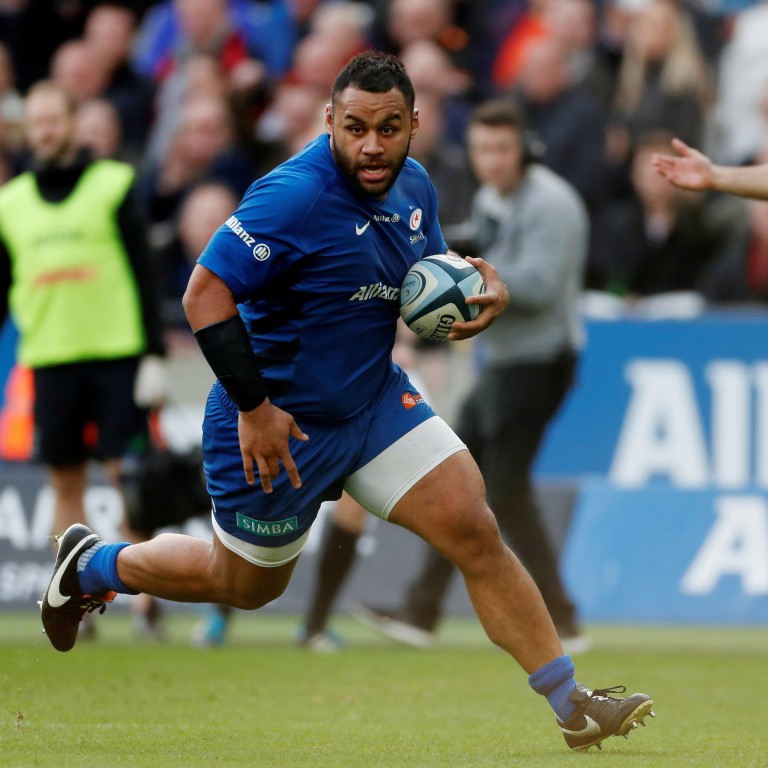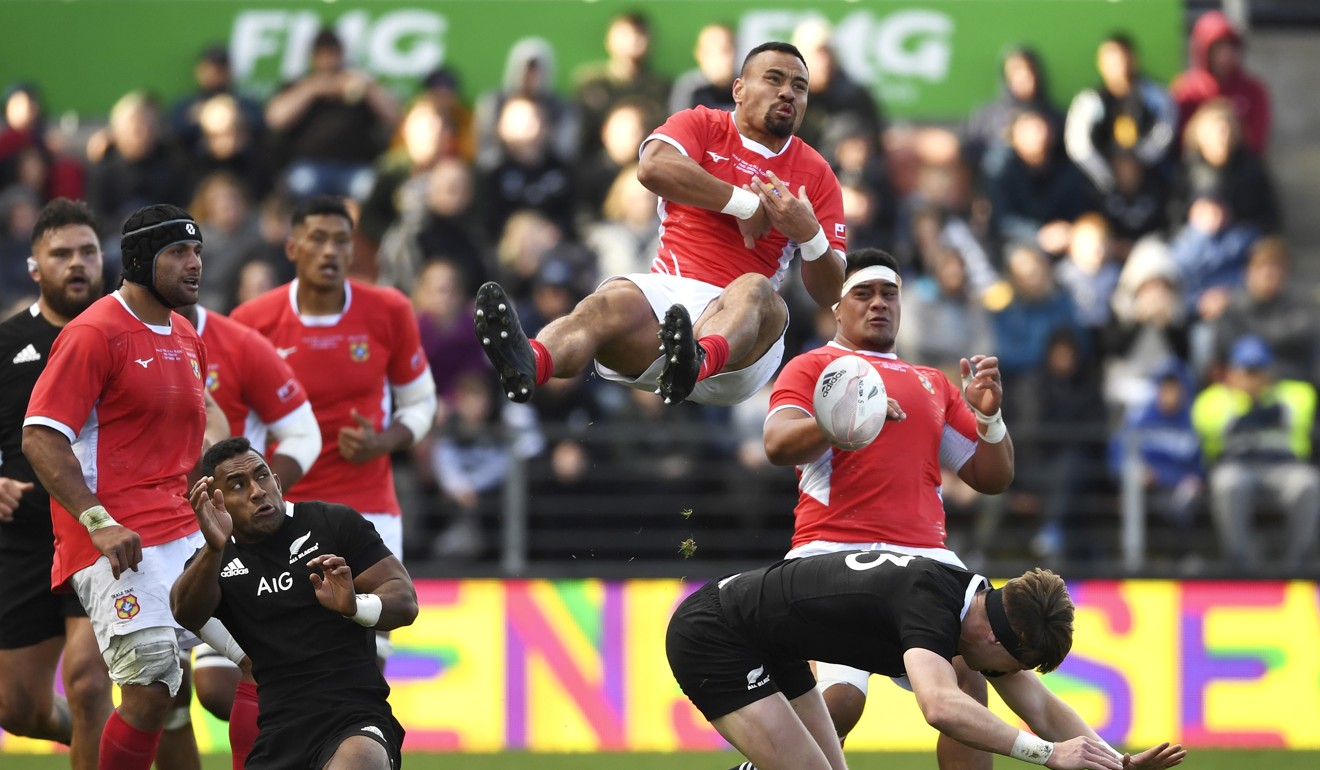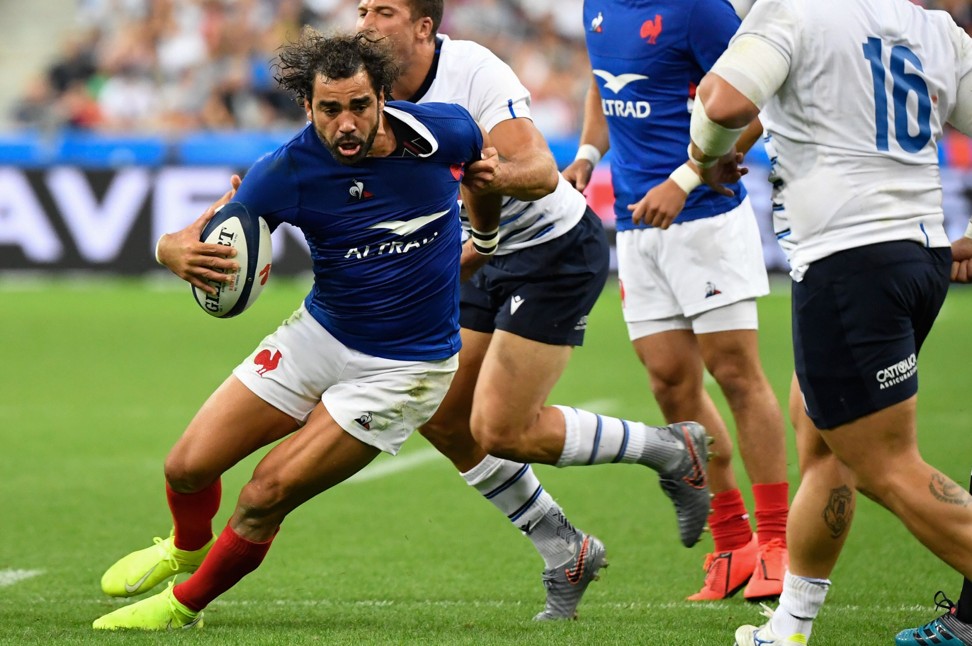
Rugby World Cup 2019: over a fifth of players are not representing their birth countries at most diverse showpiece yet
- A StubHub study shows 22 per cent of the participants were not born in the nation they are representing
- Samoa’s team has more than 60 per cent of its squad eligible to play for another team
While most other sports require a player to hold nationality in the country they represent, World Rugby’s liberal requirements are going to make for one of the most diverse sporting tournaments ever.
“Some of the best-known foreign-born players expected to feature at the tournament include George North, who represents Wales, but was born in England, and Billy Vunipola, who plays for England but was born in Australia and could have even played for Tonga, the birthplace of his parents,” claimed the study which added that 17 out of the 20 teams could field foreign born players.
World Rugby’s eligibility rules stipulate a player can represent a nation if they were born there, they have a parent or grandparent who was born there, or they have lived in the country for more than three years, although this is set to change to five years from 2021.

Samoa is the most diverse squad as 61 per cent of its players were not born on the tiny island nation of about 200,000 people.
“There are nine nationalities represented in the squads of both the USA and Italy, which feature players such as Sergio Parisse (born in Argentina but Italy’s most capped player) and Ian McKinley (born in Dublin but qualifies for Italy having played club rugby there for over three years).”

Not all the teams are as diverse as Argentina – Russia and Uruguay have no foreign born players while Georgia and South Africa have just one.
New Zealand, to no one’s surprise, could field multiple squads at the World Cup as they have 34 home-grown players among the All Blacks, plus an additional 57 who could head on to the field for other nations, which includes about half the Tonga squad as well as Gareth Anscombe of Wales and Mako Vunipola of England.
Some countries do add their own eligibility requirements, including France, who require their players to have French nationality, while Australian players that are based overseas need to have seven seasons of rugby at home under their belt, and 60 games for the national team to boot.
Romania qualified for the World Cup, but were kicked out for fielding ineligible players.

